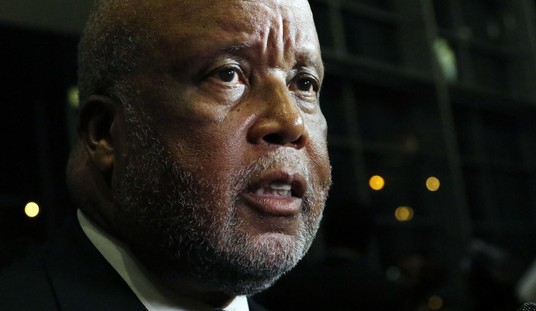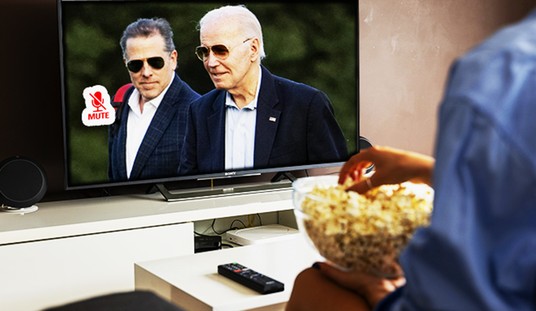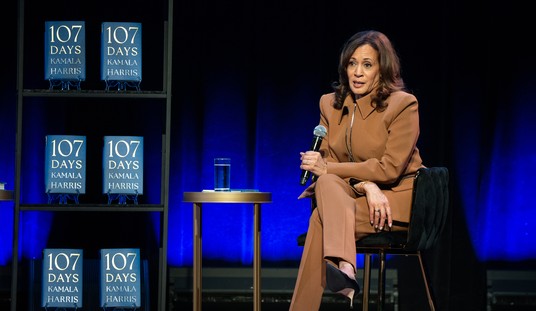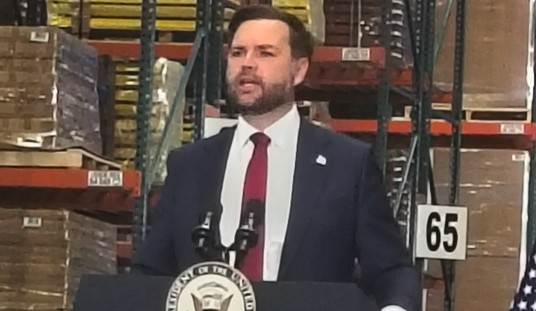A recent study from the Tax Foundation and the Mackinac Center for Public Policy looking at cigarette taxes and cigarette smuggling reminds us, yet again, of how big government always ends up legislating the Law of Unintended Consequences.
Tax That Smoker Behind The Tree
You have to tax something to fund government, and if you’re taxing sales, cigarettes are as good a target as any: while legal, they’re universally known to be unhealthy and sometimes regarded as immoral. On the other hand, they’re also a predominantly American-made product that’s disproportionately consumed by lower-income Americans, meaning that a cigarette tax is more regressive than most taxes. In theory, the tax is supposed to serve the public health purpose of discouraging smoking; it’s refreshing to hear this argument from liberals who usually deny that taxes discourage behavior, but in practice, it takes a lot more taxing to discourage smoking than most other activities because people are physically addicted to the product. This is to say nothing of the concern that state governments themselves get more or less addicted to tobacco revenues.
We know from long experience that when you ban something there’s a public demand for, it gets less common, more expensive and more under the control of the criminal class – but it doesn’t go away entirely. That’s true whether you are talking about cigarettes, guns, alcohol, drugs, gambling, abortion, prostitution, pornography, or illegal immigration. And what’s true of outright bans can be true as well of activities that are heavily taxed or regulated: the more costs government imposes, the more you get black markets. And that’s exactly where we stand today with cigarette taxes.
Smuggling and Black Market Cigarettes
Any review of tax-hiking Democratic governors in recent years – or indeed, even Republican governors looking to raise more tax revenue without calling it “tax hiking” – will reveal a lot of hikes to cigarette taxes. That’s nowhere more true than here in New York City – with predictable results:
New York has the highest cigarette tax rate of any state, and nearly two-thirds of the state’s cigarette market is illegal, announced the think tank Tax Foundation on Thursday.
The Tax Foundation said that 60.9% of cigarettes sold in New York State are smuggled in from other states.
This makes New York the biggest importer of black market cigarettes, along with the state’s highest tax rate of $4.35 per pack. That’s compared to Missouri, the state with the lowest rate, of 17 cents per pack.
In New York City the tax rate is even higher, adding another $1.50 per pack to the state rate. It’s not uncommon for smokers to pay $12 for a pack.
…This bears out a report issued last month by the New York Association of Convenience Stores, estimating that “chronic cigarette-tax evasion” deprives the state of at least $1.7 billion in tax revenue and 6,700 jobs.
The issue is especially acute in New York due to a long-running state dispute over tax-free cigarettes manufactured and sold by the Oneida Indian Nation, one of the Native American tribes with significant sovereign land in the state (the Oneidas are one of the Iroquois Six Nations). The Michigan-based Mackinac Center has more on how the issue plays out in Michigan, which is not only a market for smuggled cigarettes but also an exporter of them to Canada.
As you can see from the study, the rates of smuggling correlate pretty strongly with tax rates, with smugglers having a strong incentive to export cigarettes from low-tax jurisdictions and sell them on the black market in high-tax jurisdictions. The study looks at tax rates and rates of smuggling in 2006 and 2011. Here’s the rates of smuggling in 2006, plotted against the per-pack tax rate:
Here’s the same graph for 2011:
And here’s the change in rates of smuggling plotted against the change in per-pack taxes between 2006 and 2011:
One study is never the be-all or end-all of any policy debate, and as I said, some cigarette taxes are a sensible way of raising money at the expense of a socially undesirable activity. But at the end of the day, black markets are one of the ways in which high tax rates push us to the far right end of the Laffer Curve, and the Tax Foundation/Mackinac study suggests fairly strongly that a lot of jurisdictions have passed that point with these taxes.
















Join the conversation as a VIP Member